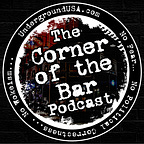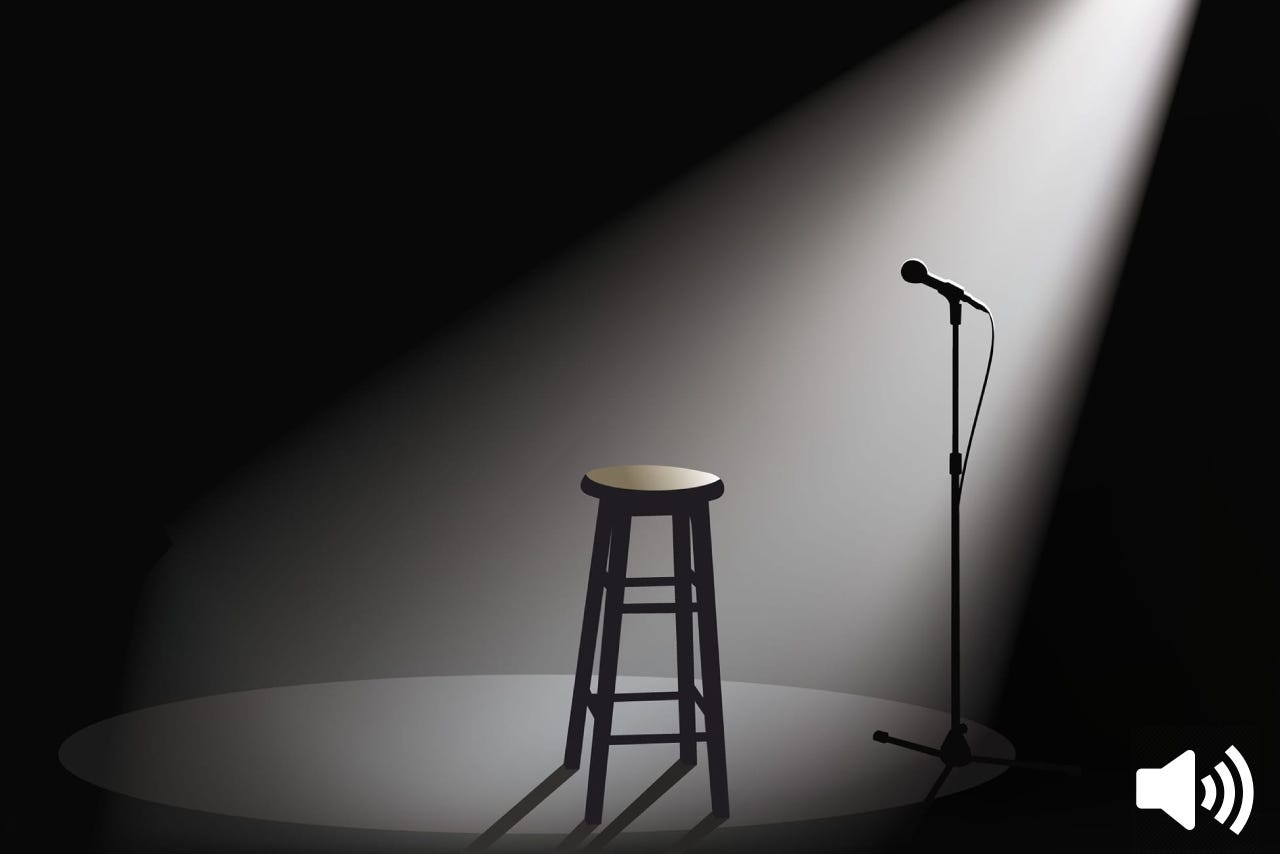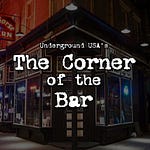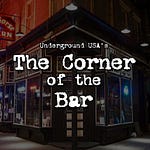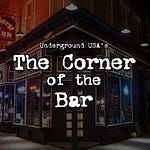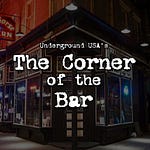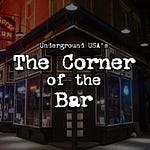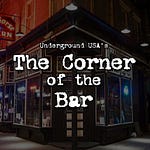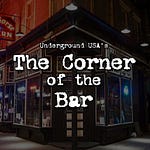Comedy, once a bastion of free expression and unfiltered truth, has been hijacked by the sanctimonious grip of divisive politics, political correctness, and wokeism. What was historically an art form that united audiences through shared laughter has devolved into a platform for social engineering, where comedians and writers wield their microphones as megaphones for ideological agendas. The result is a fractured comedic landscape that caters to polarized tribes, alienates broad audiences, and sacrifices genuine humor for cheap applause.
Late-night talk shows and sketch comedy shows like Saturday Night Live (SNL) exemplify this decay, peddling politically jaded material that fuels the social divide in America. These so-called comedians and writers have betrayed comedy’s essence, prioritizing activism over artistry, and underscore why true comedic genius thrives without leaning on divisive crutches.
Late-night talk shows, once home to the irreverent wit of Johnny Carson and David Letterman, have become predictable echo chambers for left-leaning dogma. Hosts like Stephen Colbert, Jimmy Kimmel, and Seth Meyers have transformed their platforms into nightly sermons, delivering politically charged monologues that pander to progressive audiences while alienating conservatives. Their jokes, often thinly veiled attacks on Republican figures or policies, lack the nuance or universality that defined earlier eras of comedy.
For instance, Colbert’s relentless mockery of Donald Trump during his presidency—calling him everything from a “dictator” to a “buffoon”—rarely ventured beyond gratuitous low-hanging fruit, earning cheers from partisan crowds but failing to resonate with viewers seeking intellectually-crafted wit and cleverness over propaganda.
This shift is deliberate. Writers’ rooms, increasingly staffed by ideologues, churn out material designed to signal virtue rather than provoke laughter. Kimmel’s tearful monologues on gun control or healthcare, while emotionally charged, blur the line between comedy and activism. His 2017 rants on the Affordable Care Act, though heartfelt, alienated viewers who tuned in for escapism, not lectures.
The result is a self-selecting audience, with ratings plummeting as moderates and conservatives abandon ship. Nielsen data shows late-night viewership at historic lows, with Colbert’s Late Show averaging under 3 million viewers, a far cry from Carson’s 10 million-plus in the 1980s. By catering to one side of the political spectrum, these hosts have traded broad appeal for niche relevance, proving that comedy suffers when it becomes a tool for social engineering.
Saturday Night Live, once a cultural touchstone for biting satire, has similarly succumbed to the allure of divisive politics. The show’s cold opens, which used to skewer both sides with equal glee, now lean heavily into progressive talking points. During the 2020 election cycle, SNL’s portrayal of Trump (played by Alec Baldwin) as a bumbling villain contrasted sharply with its fawning depictions of Democrat figures like Kamala Harris (Maya Rudolph), who was often framed as a flawless heroine. This imbalance isn’t accidental; it reflects a writers’ room more concerned with preaching than punching up.
SNL’s reliance on “woke” humor—jokes that prioritize moral posturing over wit—further erodes its comedic credibility. A 2021 sketch mocking “white fragility” during a corporate diversity training session felt like a TED Talk with canned laughter, alienating viewers who reject such heavy-handed messaging. The show’s obsession with identity politics has also led to self-censorship, with writers avoiding topics that might offend progressive sensibilities. Gone are the days of Norm Macdonald’s unapologetic jabs at all sides; in their place are safe, predictable bits that reinforce the leftist cultural orthodoxy. SNL’s ratings reflect this misstep, with 2024 episodes averaging 4.5 million viewers, down from 8 million a decade ago. By pandering to a polarized audience, SNL has abandoned its role as a comedic unifier, opting instead to deepen America’s social divide.
Political correctness and wokeism have imposed a straitjacket on comedy, stifling creativity and punishing risk-takers. Comedians now face career-ending backlash for jokes that challenge progressive taboos, forcing many to self-censor or retreat to safer material. Dave Chappelle, one of the few who dares to push back, faced intense criticism for his 2021 Netflix special The Closer, where he tackled transgender issues with his trademark candor. The outrage from activist groups and social media mobs underscored the new reality: comedy must conform, or it will be canceled. Lesser-known comedians, lacking Chappelle’s clout, often buckle under this pressure, diluting their acts to avoid offense.
This climate of fear has birthed a generation of comedians who prioritize ideology over humor. Writers for shows like Full Frontal with Samantha Bee or Last Week Tonight with John Oliver craft material that doubles as activism, using comedy as a Trojan horse for political agendas.
Bee’s 2018 tirade against Ivanka Trump, calling her a “feckless c*nt” on air, wasn’t a joke—it was a calculated provocation meant to rally her base. Such moments don’t unite audiences; they weaponize comedy to shame and divide. The hypocrisy is glaring: these same comedians decry “hate speech” while hurling insults at their ideological foes, proving that their principles are as disposable as their punchlines.
When comedians and writers use their platforms as megaphones for social engineering, they betray the art form’s core purpose: to reveal truth through laughter. Comedy thrives on subversion, not conformity, yet today’s mainstream acts often parrot the same tired narratives as cable news. This not only alienates half the country but also cheapens the craft. Jokes that rely on political tribalism—whether mocking “MAGA hats” or “woke snowflakes”—are lazy, requiring no insight or originality. They’re the comedic equivalent of fast food: quick, cheap, and ultimately unsatisfying.
The social divide in America, already exacerbated by partisan news media, is further inflamed by this brand of comedy. Late-night hosts and SNL sketches don’t just reflect the culture war; they stoke it, reinforcing stereotypes and entrenching divisions. A 2023 Pew Research study found that 60% of Americans believe political polarization has worsened in recent years, with media—including entertainment—playing a significant role. By choosing sides, comedians alienate audiences who crave humor that transcends politics, not propaganda disguised as humor that amplifies it.
Comedy doesn’t need divisive politics to thrive—it never has. The contemporary greats, from Richard Pryor to George Carlin to Robin Williams, achieved immortality by exposing universal truths, not by pandering to one faction. Pryor’s raw takes on race and poverty cut deeper than any late-night monologue, yet they invited everyone to laugh. Carlin’s rants against government and religion spared no one, uniting audiences in their shared exasperation. These legends didn’t need to lean on partisan talking points because their talent spoke for itself.
Today’s comedians would do well to emulate this approach. By shedding the debilitating crutches of political correctness and wokeism, they can reclaim comedy’s power to bridge divides rather than widen them. Audiences are starving for humor that doesn’t lecture or exclude, and the few who deliver it—like Chappelle or Bill Burr or Jerry Seinfeld—are rewarded with fierce loyalty.
The lesson is clear: true comedic greatness lies in authenticity, not activism. Until writers and performers abandon their social engineering megaphones, comedy will remain a shadow of its former self, fractured and impotent in a world that desperately needs to laugh together.
In Closing…
So, those headlines screaming at us? They’re not just noise—they’re the front lines where our nation’s future is hammered out! Politics, current events—they’re the things that affect our lives, our neighborhoods, and the very heart of America. We’re not just watching from the sidelines; we’re the ones holding the line, defending the values that make this country a beacon of hope. Staying informed? That’s not just something we do—it’s our sacred calling, a fist raised against the fog of spin and deception. We’ve got to cut through the chaos, keep our leaders honest, and make sure our Republic stays bold and free.
And it doesn’t end with knowing the facts. Truth is what brings us together—those real, no-filter talks with your buddy, your cousin, or that neighbor you bump into at the store. That’s where we find the unity everyone says is gone. When we listen, when we lean into the values that make us American, the walls of division come crashing down. That’s our strength, our unbeatable, American power—a force that’s bigger than any vote, pulsing through the heart of this great nation.
So, chase the truth, build those bridges, and let your love for this incredible American Experiment burn bright. We’re not just citizens—we’re family, united by a legacy of freedom and justice, fighting side by side for that “more perfect union.” Let’s make it happen, together. We’ve got the grit, the heart, and the power to keep America shining!

